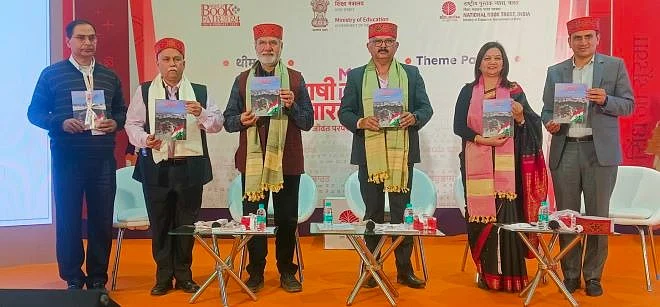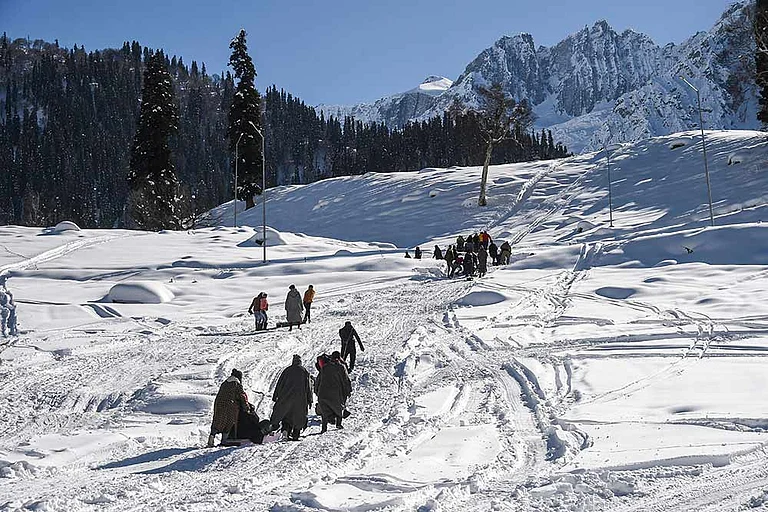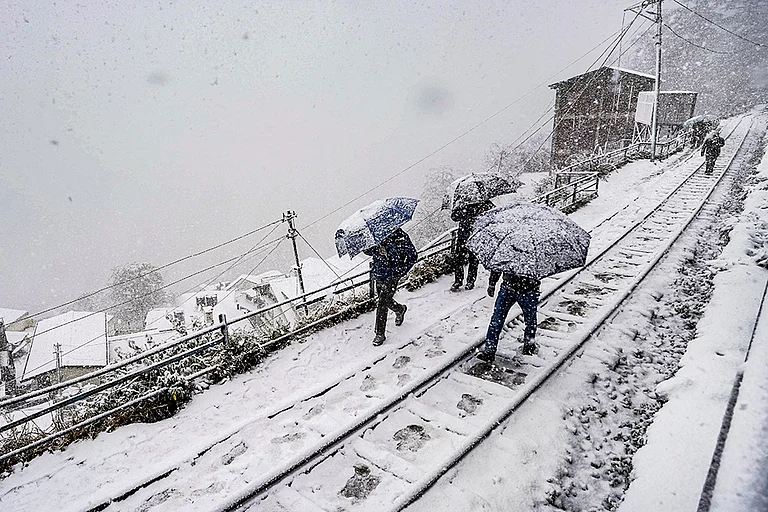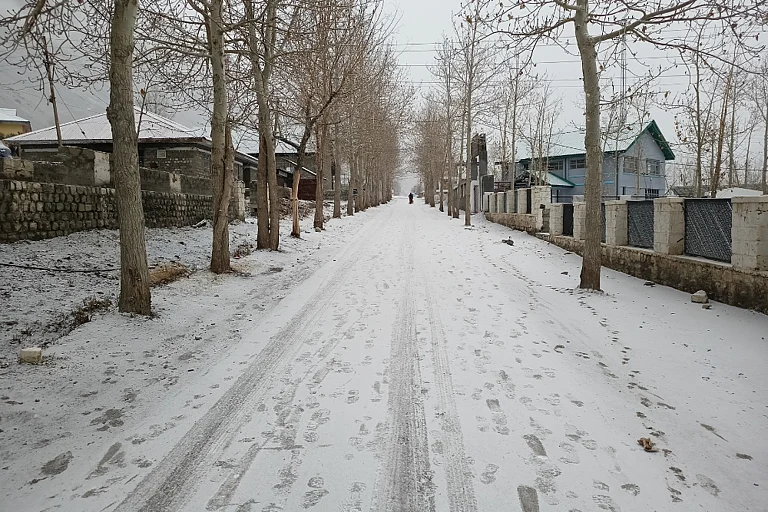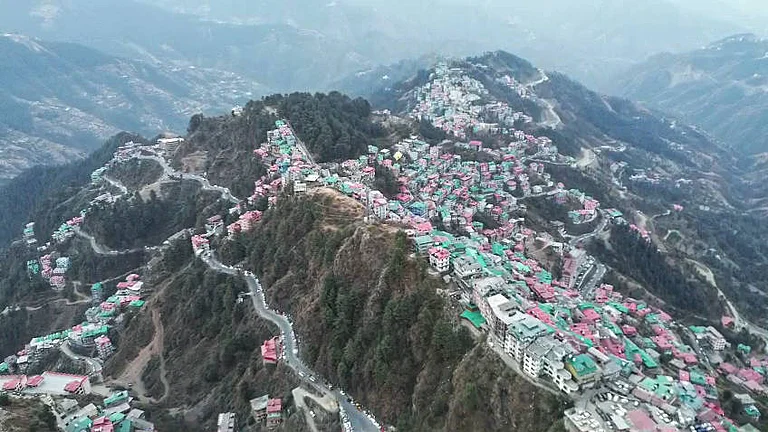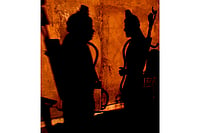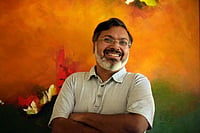A city is on the map either because of its rich culture or because of its glorious history. Both act as a magnet for tourists and nomads who are drawn to such cities. Shimla is one such vibrant city where there are stories to be heard at every nook and corner. Interesting stories that are both romantic and mysterious.
Journalist and former member of the Himachal Public Service Commission, Rachna Gupta, by including such stories and history in her latest book, has taken Shimla out of the definition of a city and established it as a cultural heritage. This is the second book by Rachna Gupta after ‘Devdhara’. Released on February 15 at the ongoing World Book Fair in Delhi, this book titled ‘Shimla’ is different in many ways.
Speaking at the inauguration ceremony, veteran journalist Rahul Dev, Kamlesh Raghuvanshi (associated with Jagran Online), and National Book Trust Director Yuvraj Malik, among others, emphasised how ‘Shimla’ is different from other books.
Dev began by telling how the author’s innate curiosity about why a street, a hill, or a building got its name led her to write the book. “This book is the result of searching for answers to that curiosity,” he said. “This book forces you to look at Shimla from a new perspective.”
According to Dev, every city has a religious, mythological, or commercial identity. “Similarly, Shimla's identity is tourism and every tourist should read this book before travelling there. A lot has been written about the local history in English, but there is very little in Hindi,” said Dev.
Speaking on the occasion, NBT Director Malik said the author has summarised the history of Shimla in a few words. “Though this book talks about the history of Shimla, it is written in the style of an anecdote, which makes it interesting,” he said.
Malik especially thanked the editor of the book, Deepak Gupta, and said he had done this job very well. “An editor can really improve the book,” he said.
Raghuvanshi pointed out the speciality of the book and emphasised that this book highlights every aspect from the 18th century to the present. “Rachna deserves praise for seeing this city through different eyes and writing about it,” he said.
In her address, Gupta, who is basically a journalist, said that news items get lost with time while the life span of books is very long. “Since I was born and I studied in Shimla, I knew the city, but after I wrote the book I started understanding it,” she said. “I tried to convey that Shimla is not just a tourist place. It is more than that.”
There are many such references in the book that can only be savoured while reading. From British rule to the Independence movement, from A. O. Hume to General Dyer’s relationship with Shimla, many interesting stories in the book offer something new to the readers. As Dev said, Shimla is an organic city and not an artificial one like Chandigarh.






